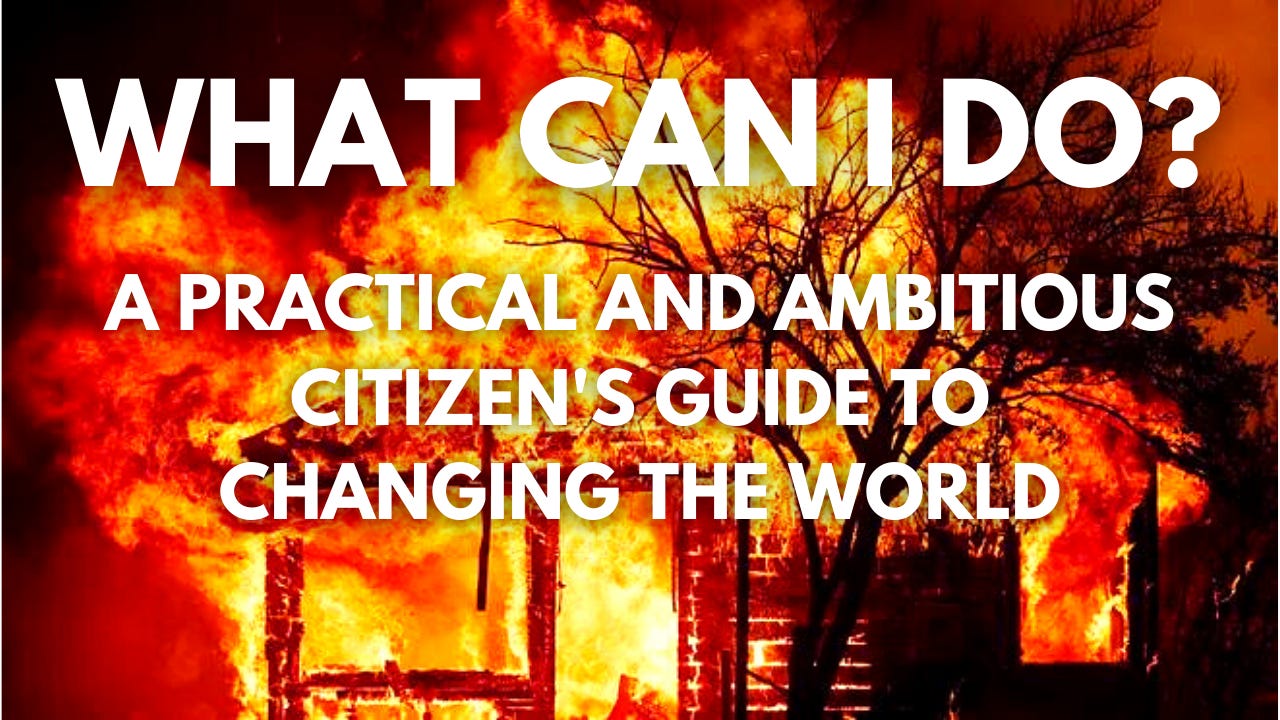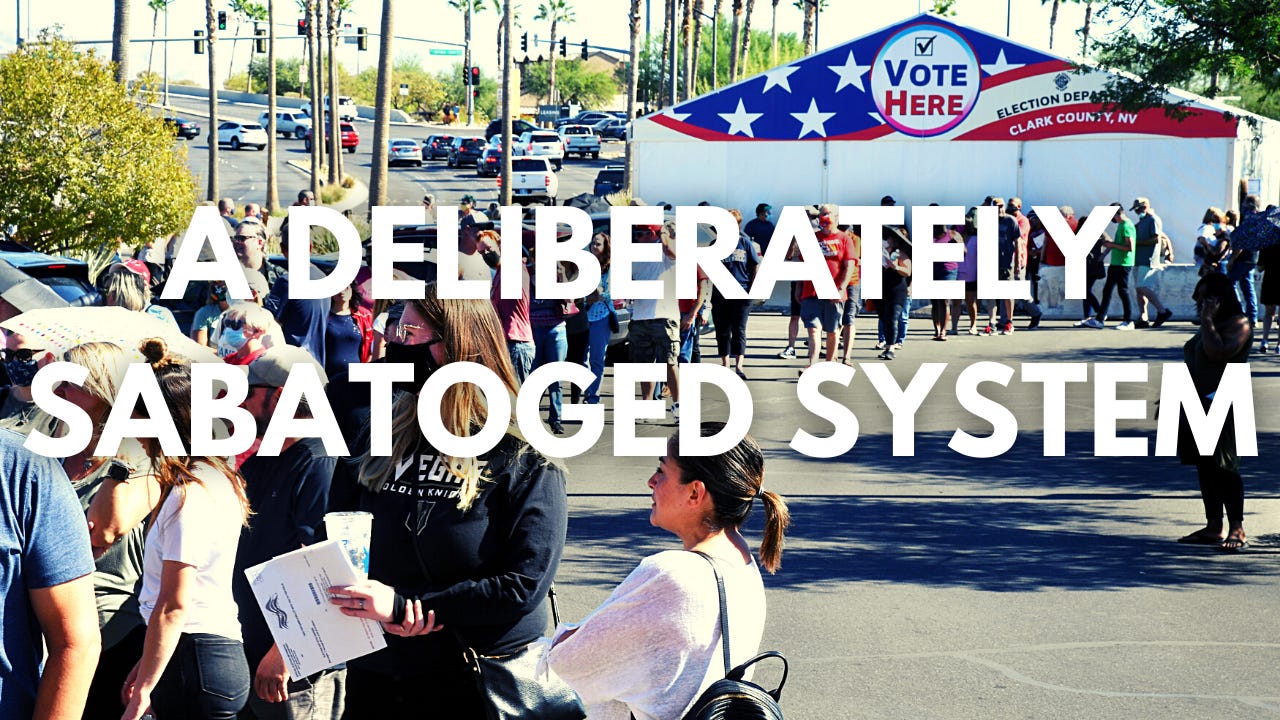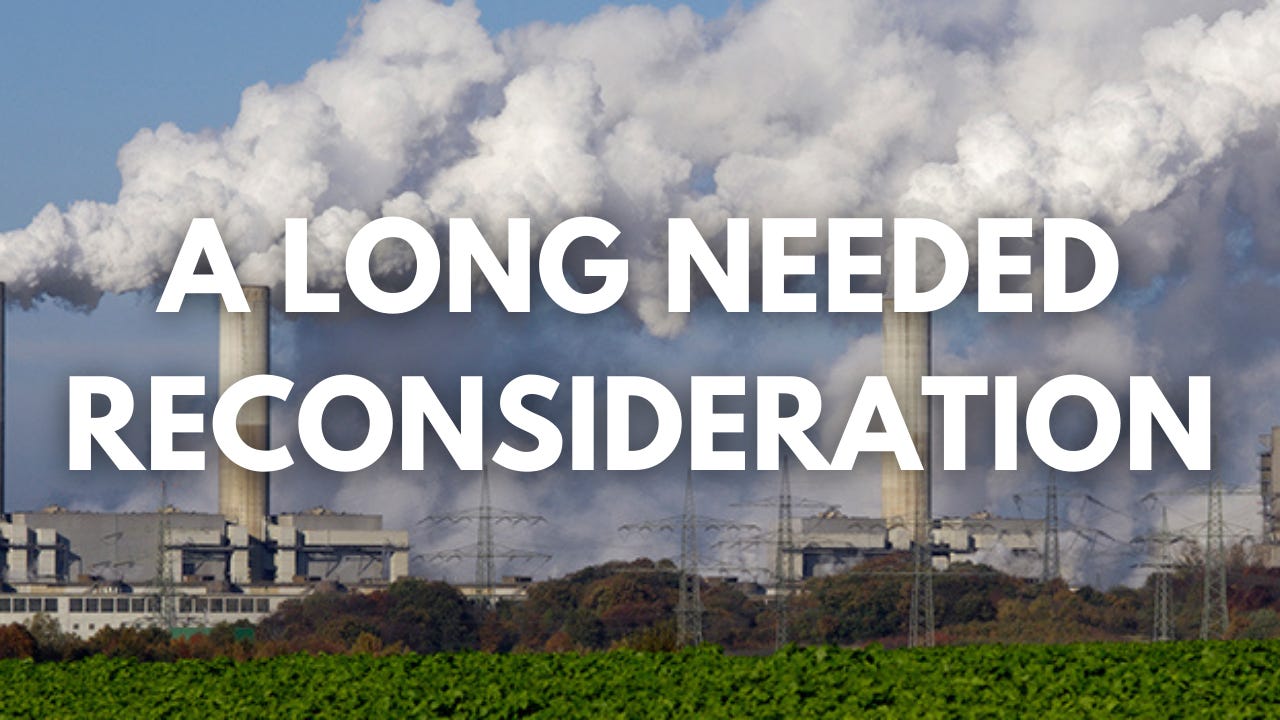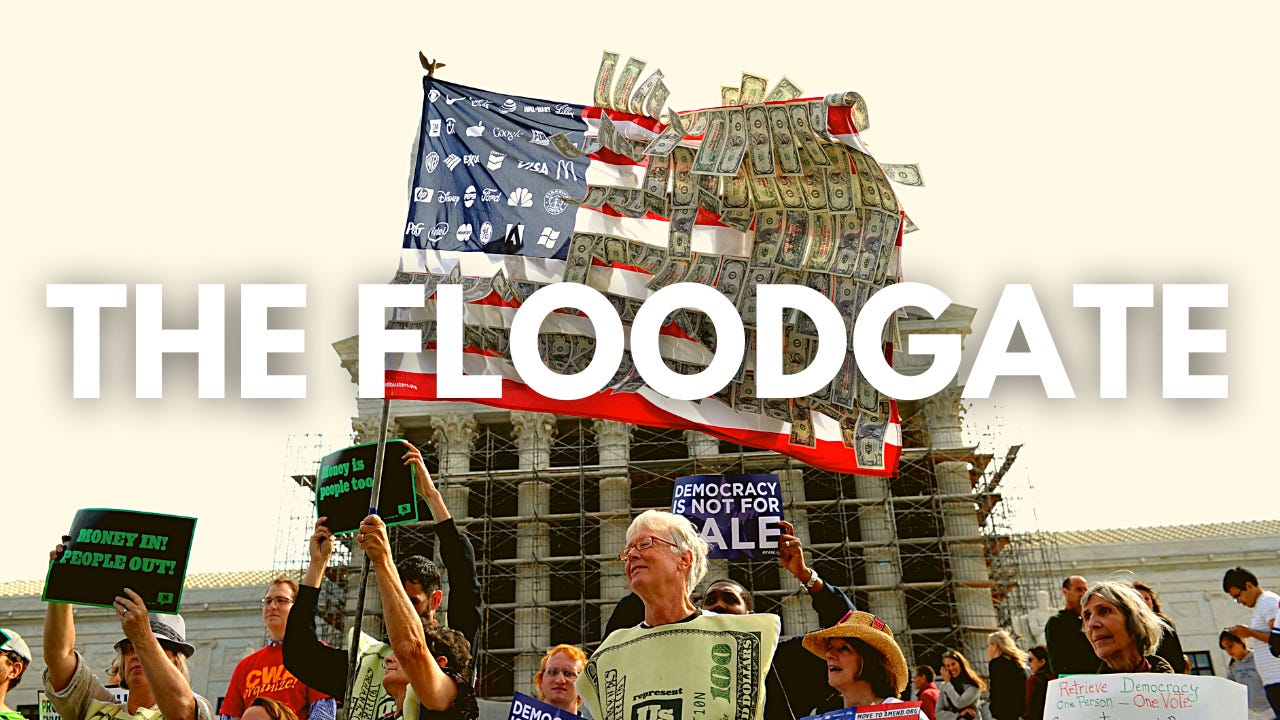Woodrow Wilson was a monster. In his time, he actively romanticized the Confederate States of America, excused slavery and white supremacy, and intentionally obscured America’s very real problems behind carefully and meticulously orchestrated propaganda, all in the name of profit and power.
But Wilson also gave the world the gift of administration, or the philosophy of how bodies of power and influence should be controlled. This focus is necessary, particularly when handling blossoming bureaucracies, and, when handled by responsible, empathic people, can be a blessing. That isn’t what Wilson intended, though. In addition to being a racist, Wilson was an elitist who looked at America’s ever-complicating government and envisioned a “great maze” wherein the average citizen would be excluded from the wielding of power in favor of a “great man” who stood at the center, pulling strings, making decisions, steering the destiny of the state.
In this, Wilson was carrying out the tradition of America. Our Founding Fathers were decidedly racist and classist and, by design, constructed a government intended to serve the whims of themselves and their wealthy, white friends. Our system of “checks and balances” was drawn to isolate the vote of the common person and favor a select elite who would, through their own negotiations, determine the future. It was a repugnant idea and it failed fairly quickly. The Founders believed the wealthiest white men would largely agree on matters, neglecting the fact that even the wealthiest individuals can come to blows over who gets to profit with each turn.
Their failure of imagination and this relentless system of capital monopolization has led us to the precipice of disaster. Nature itself has been utterly changed. Our political systems have been dismantled, depowered, and overtaken by corporate interests to the point where radicalization and for-profit dystopias have come to define our modern experience.
It is a nightmare. A literal fever-dream.
Largely, my role has been diagnosing these problems. Since reporting on rising fascism in 2016, sneaking into Trump rallies, and reporting the trends and philosophies found within, I’ve been working hard to fill in the gaps created, intentionally, by conventional history and propagandized information. For those of you have come along on the ride, you’ve watched as I’ve scrambled to try and supplement my knowledge and come to an understanding of exactly what is going on and how we’ve arrived here. Writing American Rule: How A Nation Conquered The World But Failed Its People was a matter of wrestling with actual American history, understanding where we’ve come from, and where it is we might be going. Solutions have come in fits and starts.
This entry is where it stands. At this moment, in 2021, these are the solutions I can discern. I cannot prescribe for you a political goal. I have my own. I have my beliefs that I will not foist upon you. But this is a guide to, I believe, actually working towards change in this broken system. It is an untangling of the web men like Woodrow Wilson have weaved and hopefully finding our way out of the maze.
Dispatches From A Collapsing State is an independent media project and the home of Jared Yates Sexton’s political, historical, and cultural writings. This project depends on your support. If you haven’t become a subscriber yet, please consider doing so as it keeps this project free for educational purposes and independent of oversight. The more who subscribe, the more features that will appear. If you support Jared’s work, or have found it useful, please subscribe today.
As of this moment, there is an open and unabashed war against democracy raging in America. The Republican Party, historically unpopular and facing a future in which it is completely electorally unviable in even some of the most “red states” in the nation, is reacting by systematically disenfranchising voters. This attack is focused, primarily, on people of color, and obsessed with creating manipulable elections in which small cadres of GOP officials can overturn the will of the people.
To begin, these things are happening at levels of power that are inaccessible. Unless you are a legislator, chances are you do not have access to the people making these decisions. In fact, American politics has been transformed into a hierarchical system in which we are forced to watch these horrors play out on television like an episode of a prestige drama. As democracy is destroyed we moan, we shriek, we take up our phones and comment on the horror the same way we would second-screen the latest reality show contestant being sent home after a lackluster audition. This is intentional. The spectacle-ization of our politics is meant to make you a passive consumer, to keep you from the means of influence while we watch our favorite and most hated characters play their roles on primetime television.
You should vote. It’s an incredible right that stands as one of the most impressive developments of human civilization. But you should not mistake that vote as the pinnacle of civic engagement. That idea is partly what has led us to this precipice. At this point, supporting pro-democracy groups that work to protect the vote should be a given. Bodies like Fair Fight need your help more than ever, but that also doesn’t mean just sending them your money.
A theme of this post, should we look for one, is that we are not going to simply buy our way out of this mess.
Organizations like Fair Fight (and there are many of them, probably quite a few in your vicinity) need volunteers, people willing to register voters, transport people to the polls, and if you can’t find the time or have a car, they’ll find something for you to do that works within your capabilities. But they are only one prong in a large fight. And this fight demands a lot of work and a vast amount of fronts that require fighting.
The truth is that the Right has spend decades now establishing this moment. They dominated local and regional politics, outpaced the Left in terms of the judiciary, systematically dismantled government as a means of public good. We have a lot of time to make up for.
One of the main problems with American politics is that it has, for so very long, been framed as something other people do. It is, after all, quite boring sometimes. A time-drain, honestly. Bureaucracy and administration are not the sexiest things. They involve meetings. Projects that span decades. And, to boot, by design, we live in a capitalist system that perpetually exhausts us and leaves us without the time or energy to participate.
Something important to remember: wealth isn’t just having the resources to purchase products. It buys you time.
I’m not going to lie and tell you any of this is easy. But we must engage in politics. We have to start somewhere, and for many of us it’s going to be city council meetings. Local boards. Right now, the Right is making school boards the new battleground, using the “CRT” faux-outrage as a means of infiltrating education, propagandizing information, and hopefully creating a new soft-propaganda system that tosses the electorate into the dark.
All of this is meant to overwhelm you, make you feel alone and powerless, particularly as you watch it play out on cable news. “Where do we start?”
In your town. Down the street. In your work. Where you can be heard.
You can run for local office. You can attend meetings. You can even work on solidarity at the workplace, opening dialogues with your coworkers about conditions and realities. It can be as simple as beginning to have conversations with friends and relatives about actual politics as opposed to sharing headlines and well-worn cliches. The situation is so obviously, undeniably awful that people are ready to face it. They need you and you need them.
This guide is meant as a catch-all, but let me be clear. You have to find your own role. Some of you might run for office. That’s fantastic. Others might volunteer to serve on a committee. You might simply make a meeting every now and then in order to keep your city council honest. We have been taught, in this culture, that self-aggrandizement and narcissistic pursuits are the only ones worth pursuing. Sometimes, it’s simply about being there. And I promise you, if you try, if you sit in the chair, the feeling of malaise we talk about, that crushing weight that is intentional and desired, will lift, even if ever so lightly. And that slight relief can birth incredible dividends.
A pause.
This guide so far is an entry point. An introduction to some, a reminder to others. There is no prescription here, no policy recommendation. I’m sketching out the arenas and the avenues that exist. If you choose to pursue them, you’ll have losses and hopefully some victories. But I need to stress this again: this is what exists.
I want to talk about what could be.
Much of the problem is that we live in a society with incredibly rigid boundaries. A sense of what is possible and what isn’t, and the dominance of the elite and the wealthy, predicated and aided by hypercapitalism, has made the road so narrow that it is almost impossible to imagine something different. Not only is this present in our political systems, but it courses through us. It shapes our ideas and our identities.
What I have talked about so far is what you can do in the world. But we also have to focus on ourselves. Any change, any movement, any progress, is going to happen as a result of self-reflection, change, and healing. To live in the 21st century in the United States of America is to be traumatized and alienated. We have been tossed around. Used up. Discarded. Sneered at. Abused.
Take a moment. Hell, take as many as you need. Ask yourself, what has living in this unfair, deliberately cruel and exploitive world done to me? Who am I when freed from that?
If we’re going to discover real, lasting, significant political change, we must first decide what it is that we want. And if we’re going to change the world we must change ourselves. This can take a lot of forms. Whether it’s therapy, self-improvement, or simply sitting down, making a list of who we are and what our actual principles are, it has to happen. These systems of power shift us, define us most of the time, and until we recognize that fact and find our true selves, the more complicated and necessary changes are going to remain impossible.
Ask yourself: what does a better world look like to me?
What do I really want?
Finding these answers are how you find your own way. For some, it might be massive system change. For others it might be slight reform. Find the north star and pilot toward it, but only once you decide and divine for yourself what it is you want to accomplish - versus what the tug o’ war is on the cable news - will you be able to make the necessary changes and headway.
I told you there were many fronts in this battle. One is in the streets. Another is within ourselves.
Again, I’ve stayed away from prescriptions. I have my ideology, you have yours. I assume, if you’re reading this, that we share some in common. But I want to tell you how I think things can actually change for the better. I want to tell you what I believe is possible and how the floodgates might open.
The greatest illusion of politics is that it is immovable. Entrenched. Nothing could possibly ever happen to change anything of substance. This is also a lie we’re fed about history, but an actual examination tells us that it is constantly changing in wild but inevitable ways. Like a pendulum, it sweeps back and forth, often between periods of oppression and hopelessness and flashes of promise. What makes this possible, the promise, is when the people remember that they are many and they are powerful.
Last summer, during the Black Lives Matter protests, this played out on our television screens. Politics, long treated as a spectator entertainment, flooded into the streets as people saw a movement on their television, grabbed their shoes, and joined with other concerned Americans in the public sphere. It was one of the largest movements in the history of the world. And it became, very quickly, a phenomenon that could not be ignored by either the media or the political class.
This is possible and it’s what happens when we remember we have power and agency. History tells us America experiences these moments and they can change so much. Woodrow Wilson’s presidency was made possible based on the Progressive Movement, which began as a groundswell, grassroots movement and blossomed into a phenomenon that furthered women’s rights, economic justice, and system reform in the case of the direct election of senators, destroying the Founder’s firewall of elite control.
It could happen again. And, if I’m being honest, I think one of the most consequential developments could be the harnessing of anti-elite sentiment into democratizing our political structure. A beginning would be an all-out attack on institutions like Citizens United, which makes private and corporate funding of politics possible, or a movement based on ridding politics of its money problem altogether. One of the main issues, if we’re being honest, is that it is a system designed, specifically, for only the wealthiest few to run for office. It prevents you, me, and the people we can trust to have our best interests at heart, from running or realizing power.
That is, largely, the problem here. We are reduced to voting for and supporting individuals who are wealthy and powerful and hoping, praying, begging that they might, for once, throw us a crumb. They will not. Their class identity precludes them from any sort of action. What we’ve seen with Joe Manchin isn’t an aberration. The system has been bought and sold and is populated with the wealthiest Americans who work in tandem with even wealthier Americans.
To boot, this isn’t even partisan issue. The Republican Party is completely sold to the wealthiest Americans, but since the late 1980’s the Democratic Party has, openly and strategically, fought to horn in on the same action. Left, Right, Center, Independent. All Americans are more or less unanimously agreed on distrust in the political class. If we could get money out of politics, if we could get even a smattering of people into office with a desire to advocate for anyone besides the wealthy elite, it could lead to incredible change. The key is to move from passive spectacle to an actual struggle for power.
It takes work, obviously, but I’m asking you to understand and trust that mass change can occur. We watch characters on television and hope they’ll wake up in the middle of the night with a change of conscience, and meanwhile, they are bought and sold, packaged and delivered. The real nature of politics lurks under the surface of the glitzy TV shows, hiding the fact that this is, and has always been, a matter of controlling economics and material conditions.
All I know is this: any mass change begins with a re-invigoration of civic action. A renewal of activity and a renewal of faith that things can change. We are in a moment of malaise, of alienation, and everything and everybody tells us there’s nothing to be done and that despair is the reasonable course. That’s not true.
Everything. Can. Change.
We have to believe that before it can be true. It’s a leap of faith, but the truest thing I know and that history shows us. We do not all have to run for office. We do not have to all drop our jobs and livelihoods and become singularly focused on changing this system. It is a team effort. Some will volunteer what little time and energy they have. Others will throw themselves completely into the effort. But if we can reignite that flame, that burning for change, and remember that we literally change the world, then it becomes possible.
The alternative is too awful to entertain. The road we are on only leads to destruction and misery. It is so much work, I will grant you that, but it’s the only decision we can make.









Move to Amend has been working on getting a constitutional amendment passed to get money out of politics and declare corporations not people: https://www.movetoamend.org
But other than that, I think this is all great advice. One of the fundamental things blocking action for all of us is a societal belief that we're not capable of doing better. We are. And city council and school board meetings are SO BORING, but they're where a ton of civic action takes place, and, maybe just as important, they're feeders into positions like county commissioners and state legislators. Because the city council and school board positions often get little attention, they can be easy pickings for ideologues, allowing them a springboard to greater political power.